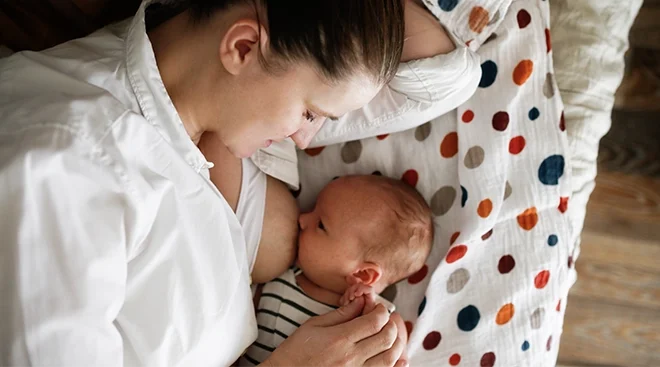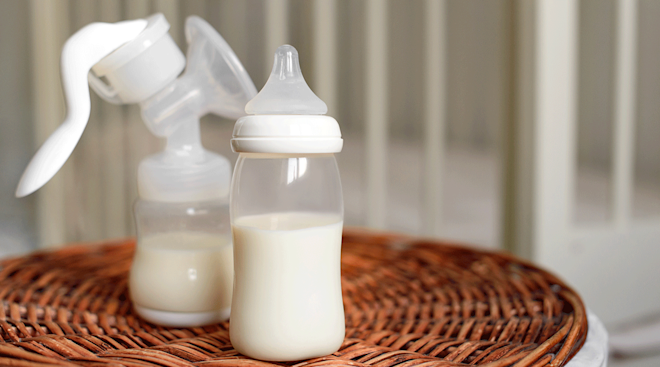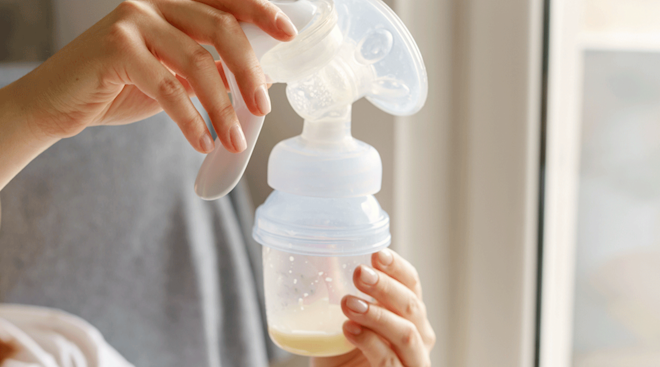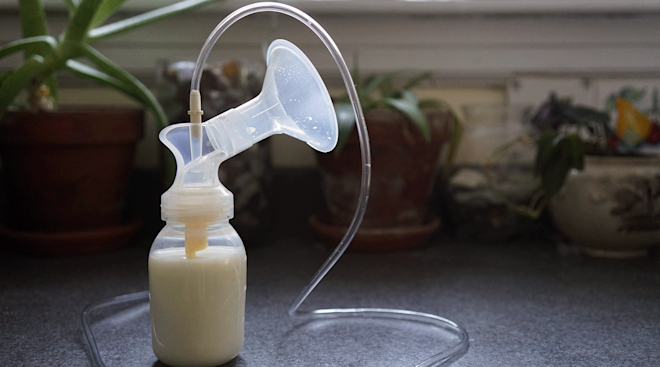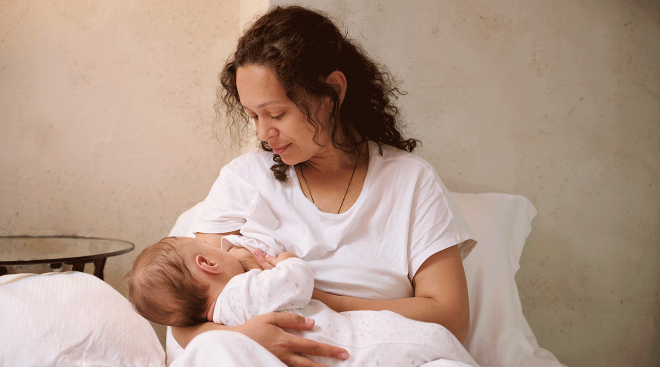Moms Need Support to Breastfeed for Up to 2 Years, AAP Says in Update
For the first time since 2012, The American Academy of Pediatrics (AAP) has released an update to its Breastfeeding Guidelines. Amid the formula shortage, returning to the office and general mounting pressures on women, the policy statement stresses the need for more support for parents who breastfeed, especially those who choose to breastfeed for up to two years and beyond.
Within the guidelines, the AAP still calls for babies to be breastfed exclusively for the first six months of life before introducing complementary foods. But in a change, the organization now recommends that pediatricians and society support women in their decision to breastfeed not only through one year as previously recommended but up to two years and beyond.
The decision to prolong breastfeeding comes as studies continue to show that long-term breastfeeding is associated with protection for mom against diabetes, high blood pressure and cancers of the breast and ovaries. For babies, research has shown that breastfeeding is linked to decreased rates of lower respiratory tract infections, severe diarrhea, ear infections and obesity. It has also been associated with a lower risk of sudden infant death syndrome.
Despite all the benefits of breastfeeding, the AAP acknowledges there are many barriers to each parent’s breastfeeding journey. “Not everyone can breastfeed or continue breastfeeding for as long as desired for various reasons, including workplace barriers. Families deserve nonjudgmental support, information and help to guide them in feeding their infant,” said Joan Younger Meek, MD, lead author of the report.
Along with increased breastfeeding support from hospitals and pediatricians, the AAP also emphasizes the importance of workplace support. The AAP supports breastfeeding-friendly policies like universal paid maternity leave, the right of a woman to breastfeed in public, insurance coverage for lactation support and breast pumps, on-site child care, and universal workplace break time with a clean, private location for expressing milk.
The statement also stresses the importance of inclusive breastfeeding care. “Pediatricians and other medical professionals can help mothers meet their intended goals for breastfeeding and provide care that is inclusive, equitable, and culturally sensitive,” said Lawrence Noble, MD, co-author of the statement and report.
The changes include guidelines for addressing implicit bias, structural bias, and structural racism. It also suggests asking gender-diverse families what terms they use and that the word “chestfeeding” may be more accurate and inclusive as it concerns lactation and physiology in gender-diverse families.
If you are currently breastfeeding or getting ready to embark on your breastfeeding journey, The Bump is here to help. Visit our breastfeeding guide for troubleshooting, tips and the best breastfeeding products.
Navigate forward to interact with the calendar and select a date. Press the question mark key to get the keyboard shortcuts for changing dates.

































